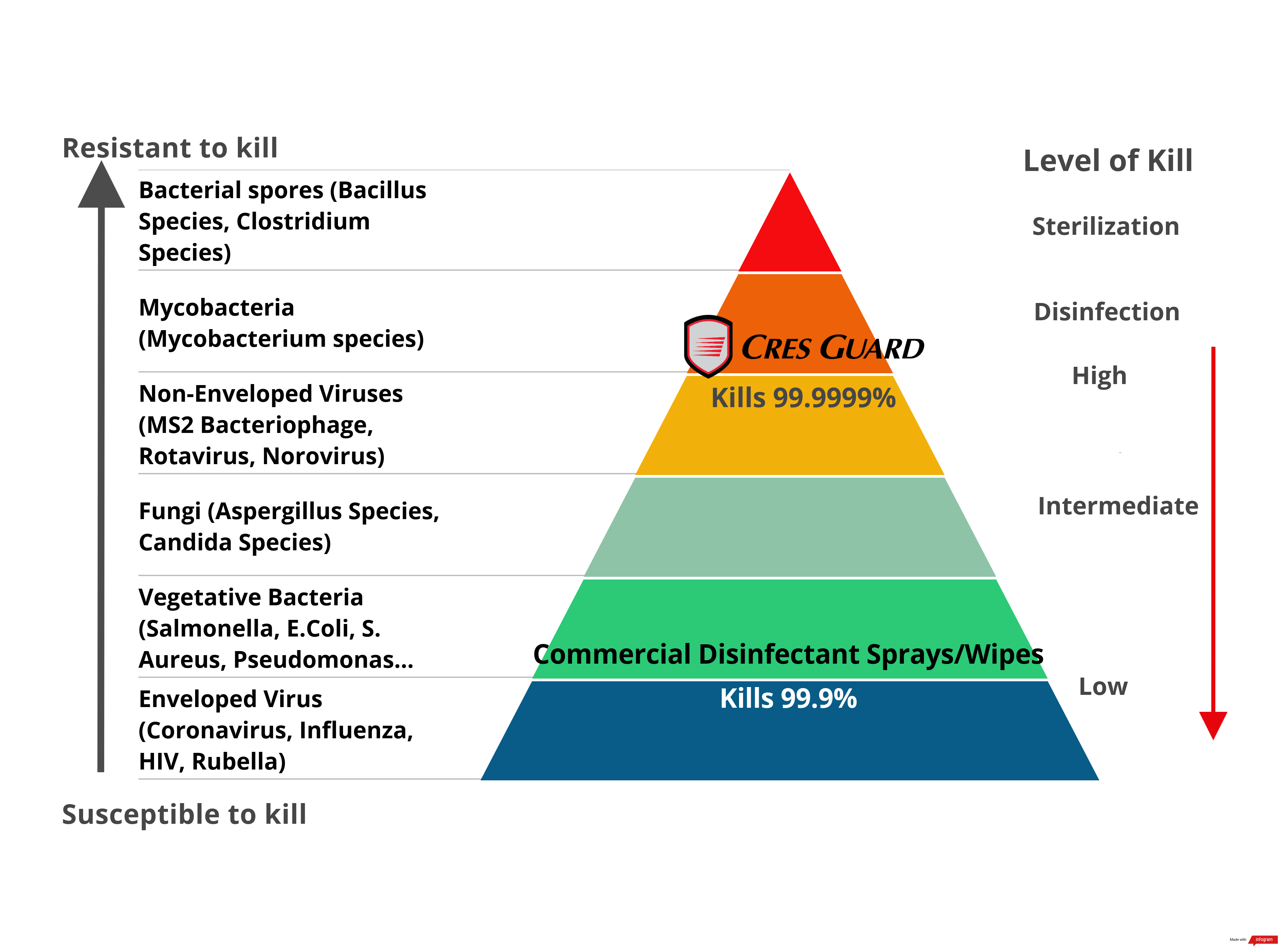Revolutionising rapid cleaning of firefighter protective gear
- August 26, 2022
- 7:00 am


Iain Hoey
Share this content
While much of the fire service is mitigating the risk of exposure from gear for carcinogens encountered in fires, firefighters also face a multitude of risks from non-enveloped viruses and bacteria. Because firefighters, first responders, and police respond to frequent medical calls, often over 80% of their requests for service put them in contact with bacteria and viruses, in addition to unseen hazards such as MRSA, bedbugs and Coronavirus.
Covid has certainly brought laser-focused attention to biohazards. Prior to Covid, firefighters were cleaning their gear from fires, but not necessarily after biohazard exposure on an ambulance or car accident calls. If they did use traditional chemical and extraction cleaning methods their gear was out of service for over 24 hours due to drying time – which considering many firefighters are not fortunate enough to have a second set of gear can be a major setback.
Until recently, firefighters did not have a fast, chemical-free solution for decontamination. The regulations for cleaning requirements are dictated in NFPA 1851. NFPA 1851 previously required fire departments to conduct advanced cleaning of firefighter PPE at least once a year and indicated that clothing should actually be cleaned whenever it is soiled or contaminated. Since 2020, two advanced cleanings are now required each year, and protective clothing should be subject to advanced cleaning whenever it is exposed to products of combustion.
15 minute decontamination
To be able to decontaminate gear in as little as 15 minutes is a game-changer. “The saying ‘necessity is the mother of invention’ was never truer than during the Covid 19 pandemic,” says Cliff Baggott, Chairman of Cres Cor, Cres Guard’s parent company. Cres Cor has served as a premier brand in the commercial food service industry since 1936. In the early days of the pandemic, much focus was on first responders and the very limited access to N95 masks, the standard for protection against Covid for firefighters and medical personnel.
Due to this unexpected rise in demand, the idea to use Cres Cor’s stainless steel heating cabinets and their proven heat and humidity, chemical-free units to decontaminate used N95 masks was born. Cres Cor worked with the innovation and strategy division of a prominent Cleveland-area hospital system, which was looking into options to extend the life of PPE.
The hospital studied the efficacy of using the cabinet system to disinfect masks. Not wanting to become a medical device regulated company, Cres Cor looked at other service segments that depended on decontamination. Firefighters and first responders were the most obvious and were stretched as thin as those in the medical profession.
Cres Guard and the Health and Safety Division was then established. The company hired a large independent lab to conduct a study on the efficacy of the decontamination unit. The studies concluded that the Cres Guard decontaminated at a 6-log reduction (99.9999%) of difficult-to-kill viruses and bacteria. Examples include influenza, HIV, Salmonella, E.Coli, fungi and mycobacteria.

All-purpose cleaning
The Cres Guard can be used for all gear, helmets, backpacks, and personal protection items except electronics. Firefighters and police have even said they are using it for their personal items so as not to bring unknown bacteria into station quarters or their personal vehicles and homes, Baggott tells.
Using just heat and humidity provided by a four-gallon easily refillable reservoir, the stainless-steel cabinet effectively decontaminates items in just 15 minutes. Gear is dry and ready to use immediately and no chemicals are used that can impact gear integrity or off gas to personnel. The portable cabinet features optional arrangements for varying-sized gear, with a standard model including five racks and three hanger supports.
The Cres Guard unit has been designed for use by firefighters, police, first responders, and military personnel are finding the Cres Guard easy and safe to use, sometimes multiple times in a single shift. Several fire departments in the county where Cres Guard is built were early adopters. Concord Fire Department in New Hampshire participated in initial product trials and much of their feedback was incorporated into the final product.
First responders have said the items they typically place in the Cres Guard cabinets for decontamination include firefighter gear, boots, hoods, gloves, goggles, bulletproof vests, SCBA masks, and medical/personal jump bags. “We heard that several crews were also placing personal items, such as bedding and backpacks in the Cres Guard,” adds Cliff Baggott. “This feature adds to the firefighters’ personal and families safety.”
In addition to being a chemical-free process, the heavy-duty cabinets are sturdily built with stainless steel and heavy-duty casters to make the entire unit mobile. Using a standard 110V 20A outlet, the Cres Guard is designed to be one of the hardest-working pieces of equipment employed to keep first responders safe from “invisible” dangers. The added bonus is that it is relatively small, requiring very little space in even smaller stations.
Cres Cor, the parent company of Cres Guard’s Health & Safety Division has supplied the food service industry with high-quality premier food warming cabinets worldwide for 86 years. Cres Cor cabinets are in use in high-end hotels, restaurants, schools and resorts in countless countries.
Cres Guard mobile decontamination cabinet using moist heat is patent-pending and Cres Cor Health and Safety is developing another innovative and chemical-free decontamination cabinet to eradicate viruses and bacteria effectively and safely for electronic items and other PPE sensitive to higher heat.
This article was originally published in the August edition of IFSJ. To read your FREE digital copy, click here.



